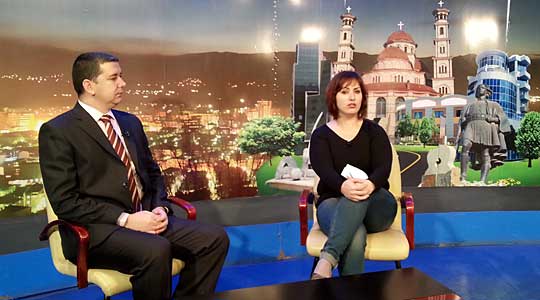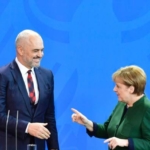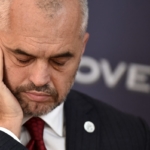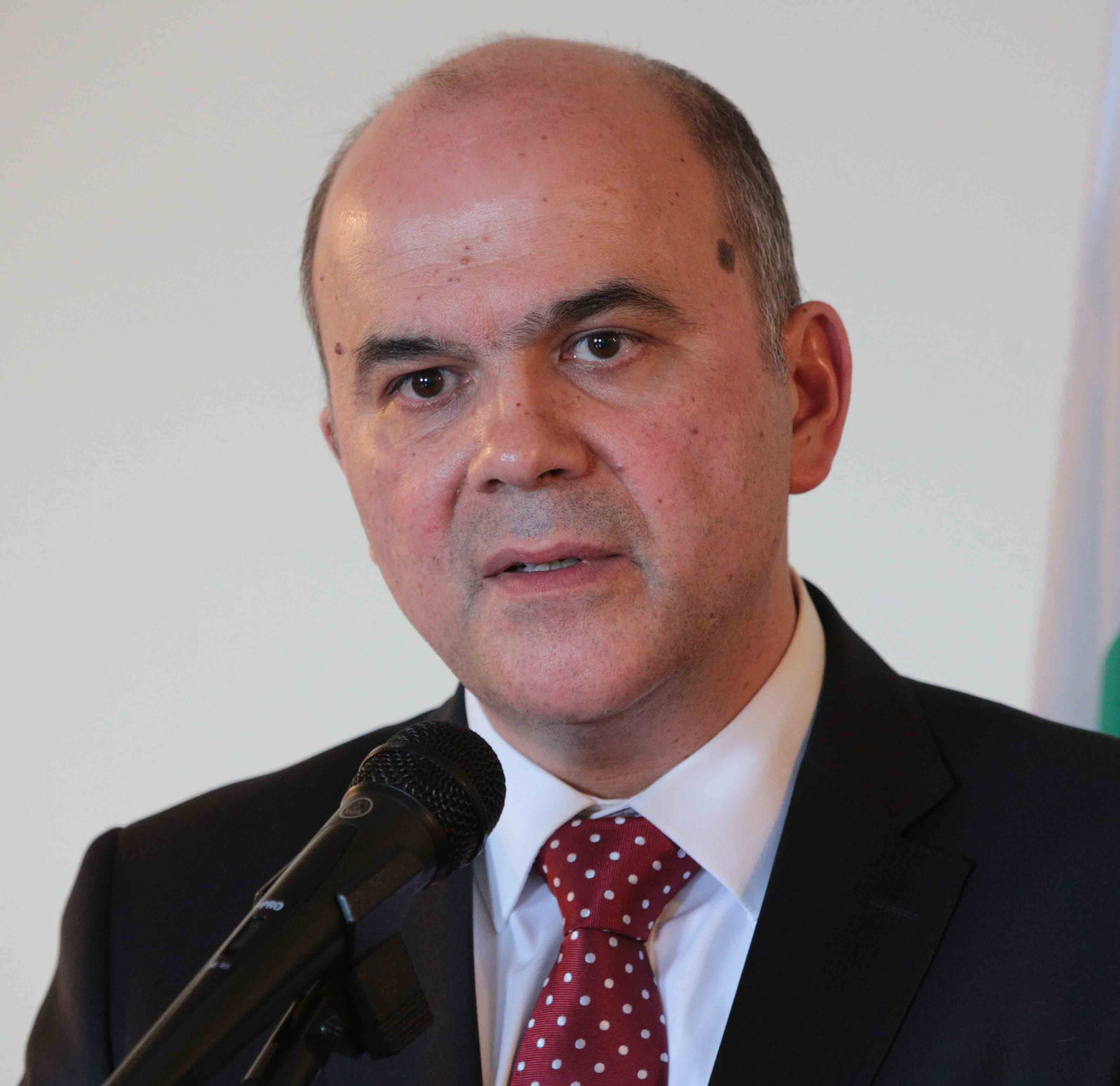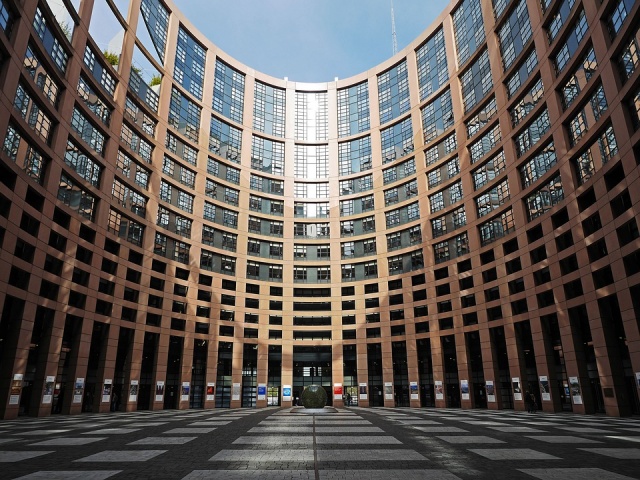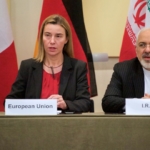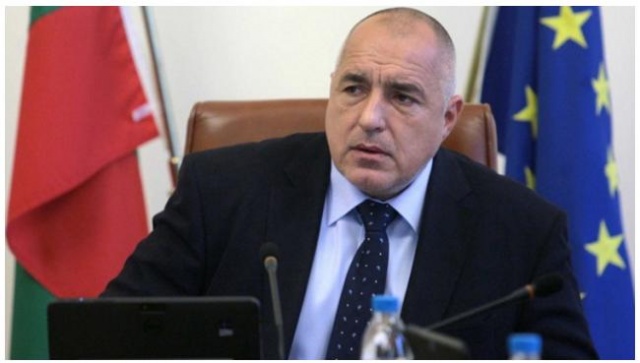Macedonia and Bulgaria sign several cooperation deals
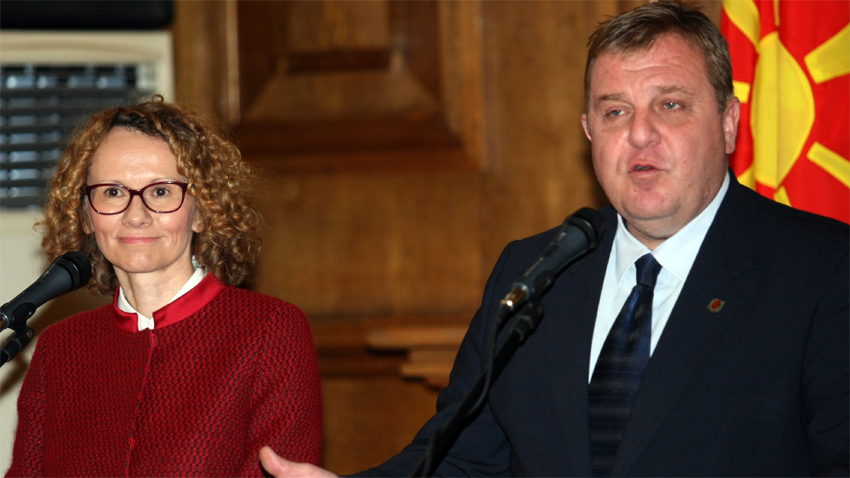
Officials of the governments of Macedonia and Bulgaria signed agreements on cooperation in several spheres as part of a joint session taking place Thursday in Strumica, eastern Macedonia. Ministers of defence of Macedonia and Bulgaria, Radmila Sekerinska and Krasimir Karakachanov respectively, signed a protocol on cooperation to organize training for Macedonian servicemen at military schools in Bulgaria. The document envisages practical training of tank crews in Bulgaria and it also includes other measures to boost defence cooperation. Also, Macedonia and Bulgaria today made the initiative on cutting international roaming charges in telecoms services official by inking a memorandum.A joint platform is expected to facilitate all participants trading electric power. Under the new market procedures, Macedonian traders will joint forces with their Bulgarian partners on daily markets realized by the Bulgarian power distributor on behalf of the two operators. Common markets on the Bulgaria-Macedonia border will contribute to an increase in electricity trade in the region and increase liquidity of national energy stock markets.Joint procedures are a requirement to unite energy stock markets of the Western Balkans and SEE. Bulgartransgaz, natural gas transmission operator of Bulgaria, and the company Macedonian Energy Resources signed a deal on preparing a feasibility study regarding the construction of a new gas inter-system connection.Its signing implements the memorandum between the Ministry of Energy of Bulgaria and the Macedonian Economy Minister, signed on 1 August 2017, to cooperate with respect to natural gas.Furthermore, the cadastre agencies of the two countries signed an agreement to share cartographic and geodetic materials and information.



